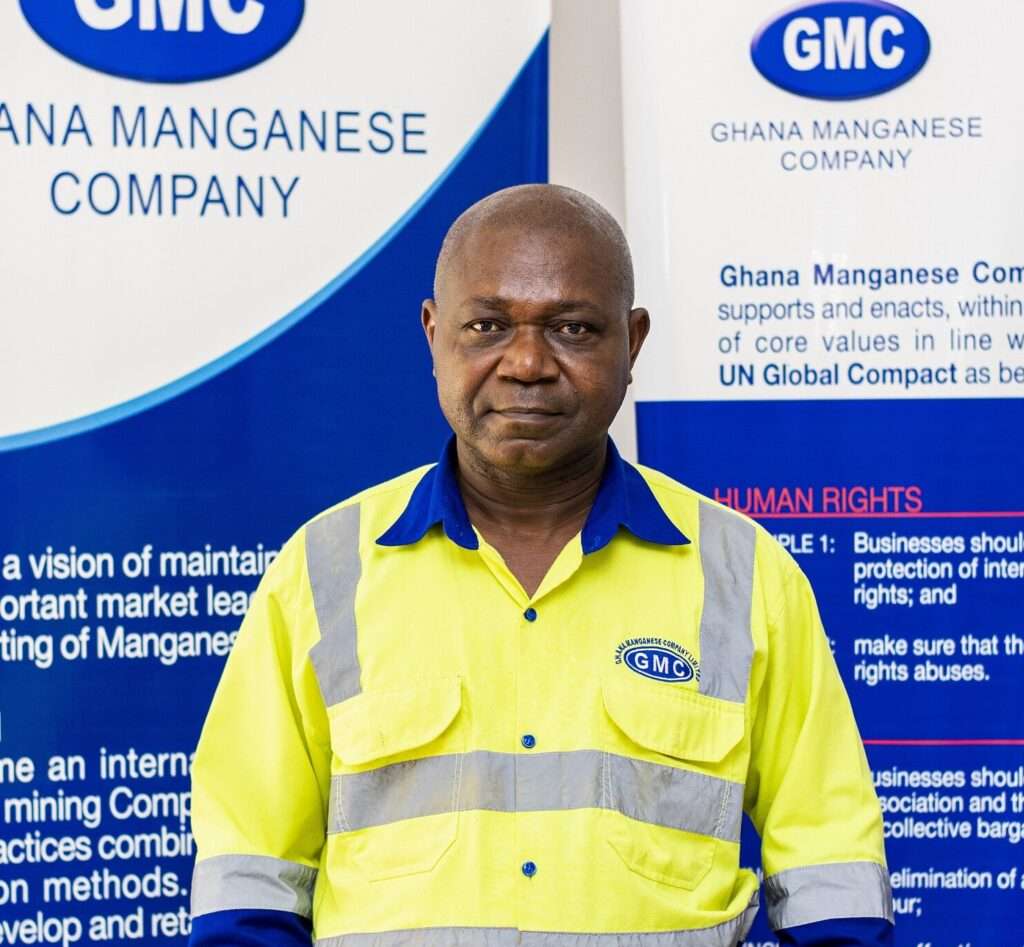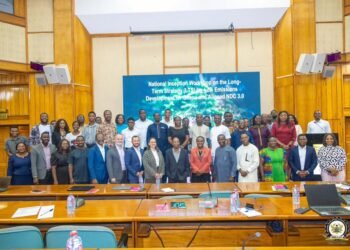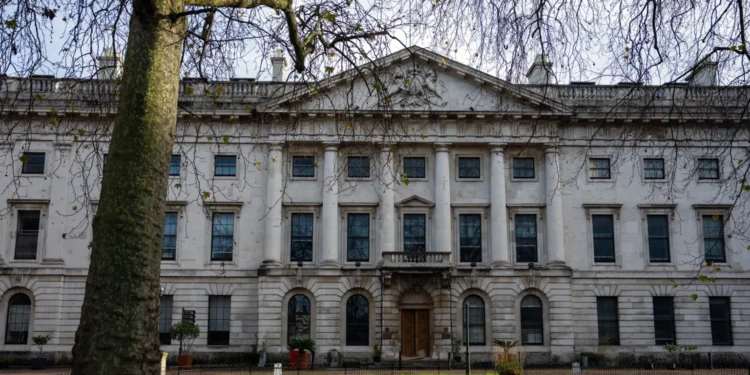The Ghana Manganese Company (GMC) is set to embark on an ambitious value-addition refinery project that promises to transform the landscape of manganese production in the country. The project’s total investment, including Phases 2 and 3, is expected to reach $450 million, signaling a significant commitment to Ghana’s industrialization agenda.
The phased refinery initiative, focused on converting low-grade carbonate manganese ore into a higher-value product, represents a major leap for the local mining industry. This project, according to Mr. Joseph Ampong, General Manager of GMC, holds great potential for the future of the mine and the nation’s economy.
While the value-addition refinery project has been on the company’s agenda for many years, power supply issues have stalled its implementation. Mr. Ampong explained that the refinery would require approximately 45,000 megawatts of power annually to operate efficiently.
“I think at some point, they attempted to put up the gas plant to cast iron and manganese carbonate deposit so that it becomes very rich before we send it down.
“But due to power issues, it couldn’t materialize. So, now we are coming up with new interventions to make sure it works.”
Mr. Joseph Ampong, General Manager of GMC
Mr. Ampong revealed that previous efforts to establish a gas plant to support the refinery’s power needs were unsuccessful due to these supply issues. However, the company is now working closely with Genser Energy, which will provide the necessary power for the refinery using natural gas sourced from Atuabo.
The first phase of the project, estimated at a cost of $240 million, will focus on constructing a 45-megawatt (MW) natural gas-powered plant and a refinery with a production capacity of two million tonnes of manganese annually.
The project will introduce advanced industrial technologies to Ghana’s mining sector, enhancing the value of locally mined manganese. The first phase of construction is expected to be completed within 24 months, significantly improving the company’s output and positioning it competitively in the global market.
In addition to the refinery, the project will include key logistical investments, such as a dedicated railway line for transporting minerals and upgrades to the Port of Takoradi. These enhancements are critical to facilitating the export of refined manganese ore, ensuring efficiency and cost-effectiveness.
Economic Impact and Government Revenue

The refinery project is expected to have a substantial economic impact, not only for GMC but also for the Ghanaian government and the broader economy.
“So definitely, we’re going to have a lot of advantages bringing the refinery on board. The grade we are mining now is low, we are currently selling at 26.5 per cent but when you upgrade it, you refine it, you can get it at 40 per cent and above.”
Mr. Joseph Ampong, General Manager of GMC
Manganese plays a crucial role in the steel industry, accounting for 75 percent of global demand.
It is also a critical component in battery manufacturing, particularly for electric vehicles, which are seeing increased demand as the world shifts toward renewable energy.
Mr. Ampong highlighted this trend, noting that the rising demand for electric vehicles would benefit GMC in the long term.
Speaking on the prospects of the project, Mr. Ampong highlighted the significant impact the refinery would have on job creation and revenue generation. The construction and operation of the refinery are expected to create over 1,000 direct jobs, providing a significant boost to employment in the mining sector and adjacent industries.
In addition to job creation, the project will drive economic growth by enhancing the production capacity of GMC. The company plans to increase its annual manganese production to 8 million tonnes, of which 5 million tonnes will be refined locally.
This shift toward local refining is expected to strengthen both the company’s revenue and the country’s foreign exchange earnings, especially as the demand for processed manganese grows internationally.
GMC’s refinery project marks a significant milestone in Ghana’s mining industry, reflecting the company’s commitment to value addition and industrialization.
With a robust plan for overcoming power challenges and a clear focus on the future demand for manganese in electric vehicles and other technologies, the project holds immense promise for both GMC and the broader Ghanaian economy.
READ ALSO: Starmer Seeks EU Reset Amidst Migration and Fishing Demands






















